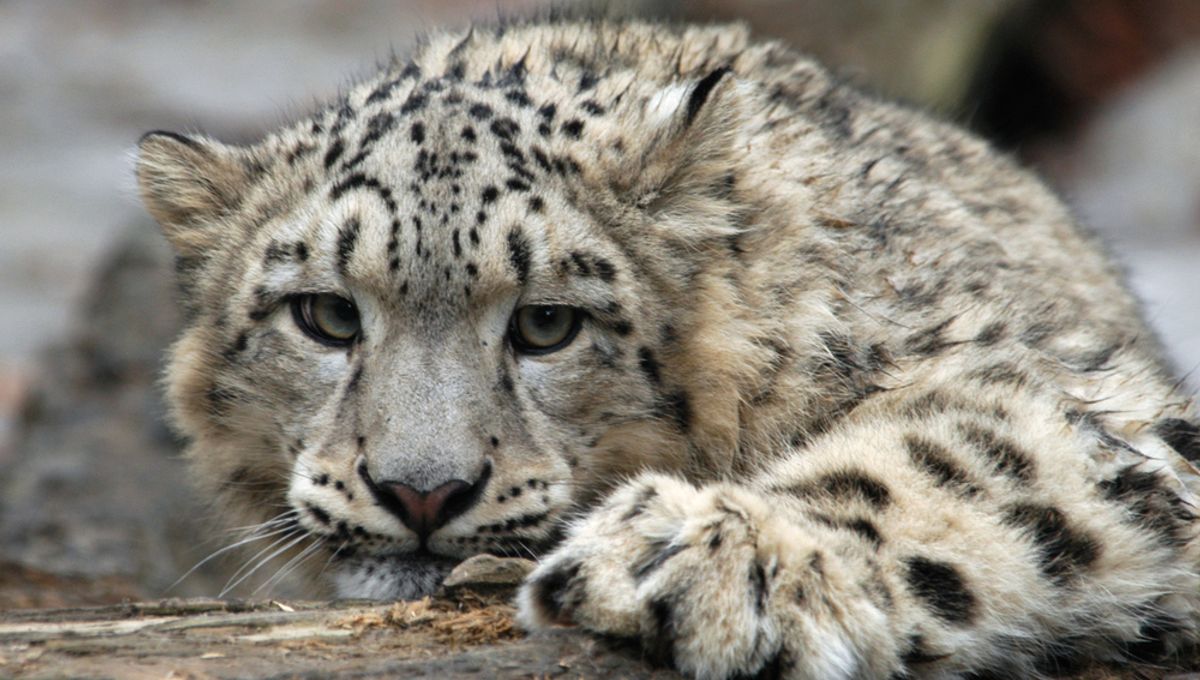
A new report into the scale of biodiversity loss across the planet has revealed that almost half of the animal species on Earth are currently in decline. According to the researchers, this shocking depletion of populations is largely due to the degradation of habitats by human activity, all of which points towards an “Anthropocene extinction crisis”.
Traditionally, the extent of this crisis has been tracked using the Union for the Conservation of Nature (IUCN) Red List, which assigns each species a conservation category. According to this system, around 28 percent of creatures are currently threatened with extinction.
To provide a more nuanced look at the situation, the study authors examined changes in the population densities of over 71,000 species spanning all five groups of vertebrates (mammals, birds, reptiles, amphibians, and fishes) and insects. Their results showed that 48 percent of species are currently in population decline, with 49 percent rated as stable and just 3 percent increasing in population size.
“This new study method and global-scale analysis provides a clearer picture about the true extent of global erosion of biodiversity that the traditional approach cannot offer,” said study author Dr Daniel Pincheira-Donoso in a statement.
“Almost half of animals on Earth for which assessments are available are currently declining,” added co-author Catherine Finn. “To make matters worse, many of the animal species that are thought to be non-threatened from extinction, are in fact progressively declining.”
In total, 33 percent of species categorized as ‘non-threatened’ by the Red List were found to be in decline, suggesting that many of those considered safe may actually be on the slide. “If such trends remain unabated, an additional 2,136 species could become threatened in the near future,” explain the researchers.
Breaking down their data, the study authors note that populations are collapsing to a greater degree in tropical regions, with more stability and increases seen in temperate areas of the globe. They also found that some taxonomic groups are in deeper trouble than others, with 63 percent of amphibious species in decline compared to 28 percent of reptiles.
“The level of species experiencing decreasing populations outweighs that of population increases by an alarming margin,” write the researchers. “The scenario shown by these demographic trajectories is a major cause for concern as it represents actual loss in biodiversity, rather than a turnover.”
Overall, they say that these findings represent “a further signal indicating that global biodiversity is entering what some call a sixth mass extinction, with ecosystem heterogeneity and functioning, biodiversity persistence, and human well-being under increasing threat.”
The study is published in the journal Biological Reviews.
Source Link: Nearly 50 Percent Of All Species On Earth Are Sliding Towards Extinction